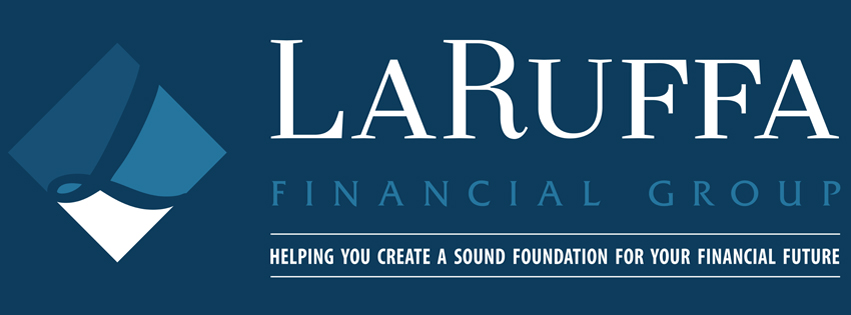When President Franklin D. Roosevelt was sworn into
office in 1933, the United States was mired in the worst financial period of
its history.
FDR’s election came in the middle of The Great
Depression, when unemployment reached 25 percent overall, and as high as 50
percent in some cities and industries. More than 9,000 banks closed in a
four-year period, representing $2.5 billion in lost deposits.1
Yet, in his first presidential inaugural
address, Roosevelt counseled Americans with his now-iconic statement that “the only
thing we have to fear is fear itself -- nameless, unreasoning, unjustified
terror which paralyzes needed efforts to convert retreat into advance.”
The newly elected president’s words inspired
confidence, but some of his first actions as president were just as impactful.
FDR deployed two quick, decisive measures within his first week as president:
(1) He declared an immediate weeklong bank holiday, and (2) he addressed the
nation with a “fireside chat” radio speech to explain the banking problem.
In doing so, he calmed the populace’s fears,
restored rational thought and demonstrated his ability to lead with courage and
confidence. When the banks reopened, lines formed once again -- this time for
citizens to deposit the money they had withdrawn.
We believe how we cope with financial concerns
can help determine our long-term success, both as a nation and in our own
personal lives. Despite an economy that is significantly better than it was in
the 1930s, having enough money in retirement is still a common concern.
According to government research, the two
primary expenses in the average 75+ retiree’s household budget are housing
(36.5 percent) and health care (15.6 percent), despite the fact that this
demographic frequently has Medicare and a paid-off mortgage.2
It’s interesting to look back and analyze how FDR
helped mitigate our nation’s greatest financial crisis, using decisive action,
transparency and communication. His wife, Eleanor Roosevelt, once said of him,
“I have never known a man who gave one a greater sense of security.”
Perhaps by considering the challenges President
Roosevelt faced when he first took office, each of us can gain the courage to
help face our retirement income concerns with confidence. Few people in U.S.
history have had the calming effects FDR displayed in his nationally
broadcasted speeches, but if there’s anything we can do to address your
long-term financial goals, please give us a call.
Want
to read more? Here are some articles that may be of
interest to you:
[CLICK HERE to
read the transcript, “Franklin D. Roosevelt: First Inaugural Address,” from
Bartleby.com.]
[CLICK HERE to
read the article, “Don’t Let Your Emotions and Fear Influence Your Investments”
from Philadelphia Magazine, March 9, 2016.]
[CLICK HERE to
read the article, “The Secret Shame of Middle-Class Americans” from The
Atlantic, May 2016.]
[CLICK HERE to
read the article, “What FDR Knew about Managing Fear in Times of Change” at
Harvard Business Review; May 4, 2016.]
1HistoryMatters.com.
“‘More Important Than Gold’: FDR’s First Fireside Chat.” http://historymatters.gmu.edu/d/5199/. Accessed May 25, 2016.
2Center for Retirement
Research at Boston College. May 3, 2016. “Housing, Health Are ½ of Elderly’s
Costs.” http://squaredawayblog.bc.edu/squared-away/housing-health-are-12-of-elderlys-costs/. Accessed May 25, 2016.
We are an independent firm
helping individuals create retirement strategies using a variety of insurance
and investment products to custom suit their needs and objectives. This
material is intended to provide general information to help you understand basic
financial planning
strategies and should not be construed as financial advice. All investments are
subject to risk including the complete loss of principal.
The information contained
in this material is believed to be reliable, but accuracy and completeness cannot be
guaranteed. If you are unable to access any of the news articles and sources
through the links provided in this text, please contact us to request a copy of
the desired reference.
Investment Advisory Services offered through Global
Financial Private Capital, LLC, an SEC Registered Investment Advisor.
Content prepared by Kara Stefan Communications.
AE05165075C
